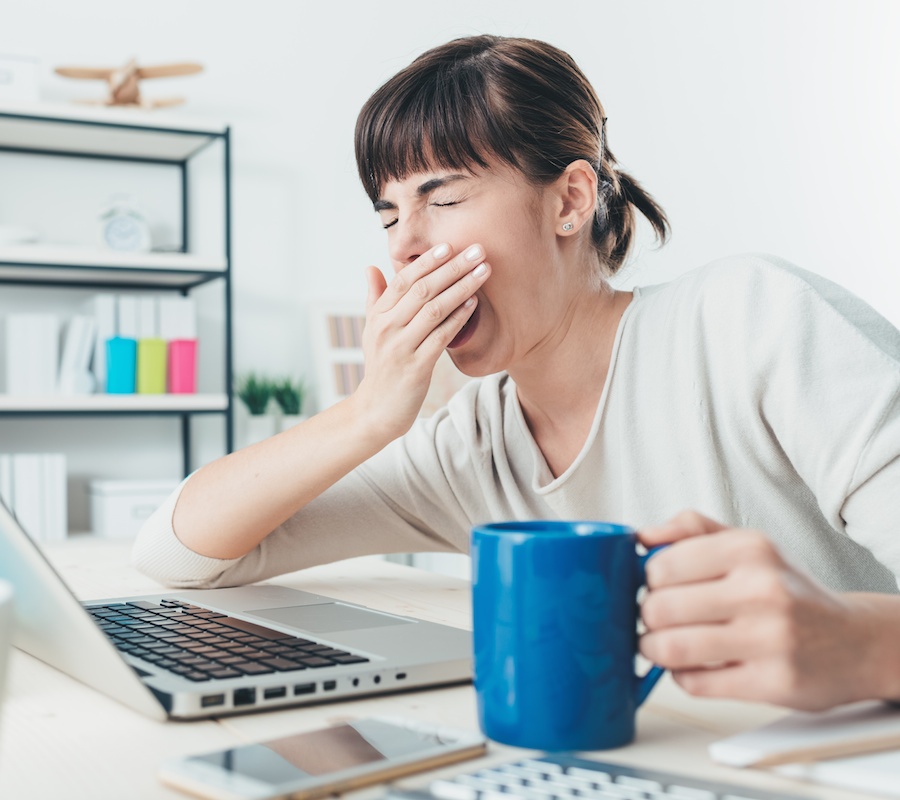Sleep deprivation, whether partial or chronic, affects us negatively and decreases our overall quality of life. When you’re unable to find a healthy sleep routine that allows you to feel completely rested, your body will not function the way you need it to.
What effect does sleep deprivation have on your state of wellbeing? Here is a list of 9 side effects that are commonly experienced:
Related Blog: What Is Sleep Deprivation and How to Solve It
1. Heightened Anxiety
During sleep our body is fast at work repairing itself and relaxing any muscle tension caused by stress. When we do not sleep, our stress tension builds up making it more difficult for our body to naturally calm itself down and cope effectively. We end up feeling more anxious the less rest we accumulate.
2. Frequent Accidents
Lack of sleep is one of the most common causes for car accidents. Our judgment and perception becomes impaired and we become a hazard on the road to those around us. Did you know that drowsiness can slow down reaction time as much as driving drunk would?
3. Forgetful Behavior
Sleep is a major factor that affects our ability to think and learn effectively. Lack of sleep damages these cognitive processes and can make us very forgetful.
4. Health Concerns
Sleep deprivation can put you at risk for numerous health concerns. These concerns include: multiple heart-related issues, high blood pressure, strokes, diabetes and so on.
5. Aging Skin
A lack of beauty rest tells our brain that we are stressed, which causes our body to produce more of the stress hormone, cortisol. This excess production breaks down our skin collagen, which keeps our skin smooth and elastic.
6. Weight Gain
Our hunger increases when we are not getting enough sleep, due to the peptide that regulates our hunger level increasing, which leaves us constantly hungry and never full
7. Low Immune System
Sleep deprivation suppresses your immune system which decreases the body's natural ability to combat infections. A low immune system increases the risk of getting sick.
8. Depression
Most people who suffer from depression sleep for less than 6 hours a night. Insomnia, which is a sleeping disorder that makes it difficult for your body to initiate sleep, is a common disorder amongst individuals suffering with depression.
9. Ineffective Behavior
While we sleep, our brain is consolidating all the memories from the day. When we do not sleep, this process does not happen, and therefore we struggle communicating memories from the day before.




